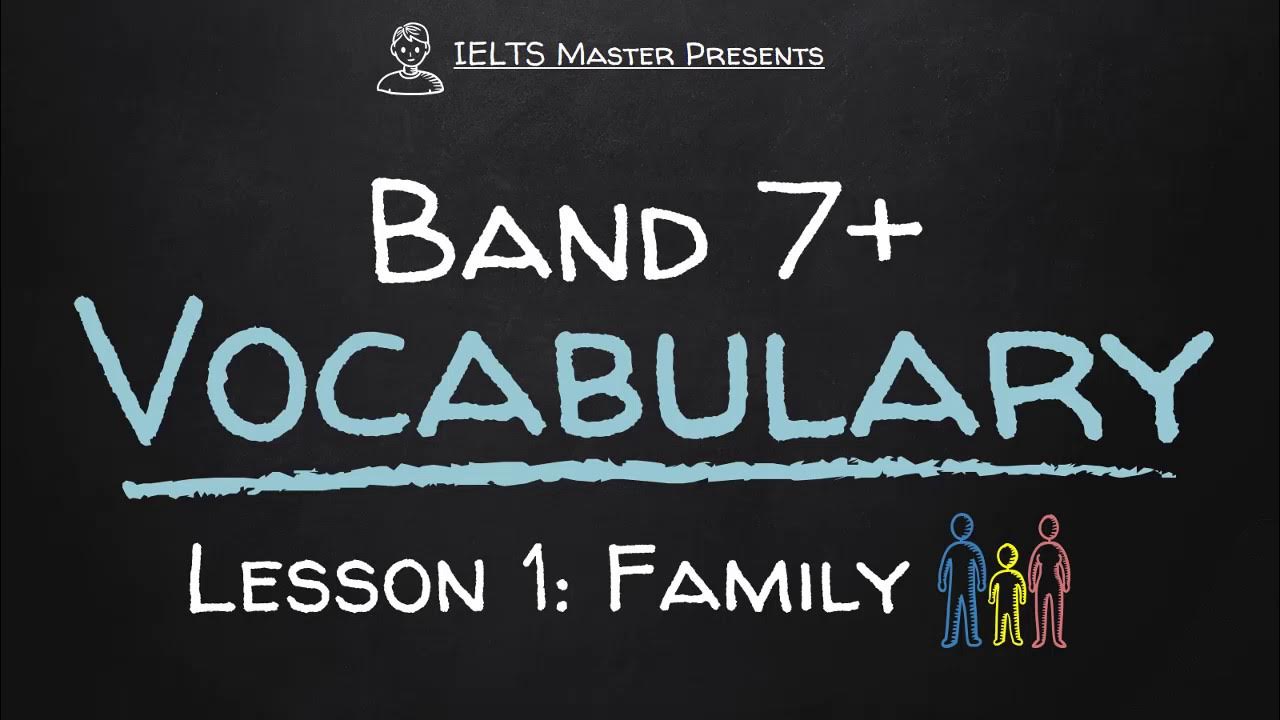"HAVE" expressions to sound natural in English - Learn new vocabulary!
Summary
TLDRIn this informative and engaging vocabulary lesson, the instructor Arnel introduces 11 common and useful expressions involving the word 'have'. Starting with 'have a lot on your plate' to describe being busy, the lesson covers a range of idiomatic uses such as 'have mixed feelings', 'have it both ways', and 'have a knack for something'. Each expression is explained with a definition and contextual examples, helping learners to understand and apply them in conversation. The lesson also touches on phrases like 'have a feeling', 'have the nerve to', 'have a big mouth', 'have a soft spot for', and 'have butterflies in your stomach'. Concluding with 'you have my word', the video promises a test for viewers to assess their comprehension and encourages interaction by asking for their scores in the comments.
Takeaways
- 📚 The video is a vocabulary lesson focused on teaching 11 common and useful expressions with the word 'have'.
- 🧑💻 Arnel, the presenter, uses the context of working at a graphic design company with multiple responsibilities to introduce the expressions.
- 🍽️ 'To have a lot on your plate' means being very busy with many responsibilities.
- 😕 'To have mixed feelings' refers to experiencing both happiness and unhappiness about something simultaneously.
- 🤔 'To have something both ways' implies getting a positive outcome from two different aspects, which is often not possible.
- 🤹♂️ 'To have a knack for something' indicates possessing a special skill or talent in a particular area.
- 🤯 'I have a feeling' or 'I have the feeling that' expresses a thought based on emotions rather than logic.
- 😰 'To have the nerve to do something' means being bold enough to do something that may be considered rude or inappropriate.
- 💭 'To have a big mouth' is a metaphor for someone who gossips or cannot keep secrets.
- ❤️ 'To have a soft spot for something' means having a particular fondness or vulnerability towards someone or something.
- 🦋 'To have butterflies in your stomach' describes the feeling of being both excited and nervous about an upcoming event.
- 🤞 'You have my word' is a promise or assurance that something will be done or kept confidential.
Q & A
What is the main focus of the lesson provided by Arnel?
-The main focus of the lesson is to teach 11 common and useful expressions related to the word 'have'.
What does the expression 'have a lot on your plate' mean?
-The expression 'have a lot on your plate' means that someone is very busy and has many responsibilities.
What is the definition of 'mixed feelings' according to the transcript?
-'Mixed feelings' refers to the state of being happy and unhappy about something at the same time.
What does the phrase 'to have something both ways' imply?
-The phrase 'to have something both ways' implies getting something positive from both sides of a situation.
What does it mean to 'have a knack for something'?
-To 'have a knack for something' means to have a special skill or talent in a particular area.
What is the meaning of 'I have a feeling' in the context of the lesson?
-'I have a feeling' indicates a thought or belief based on emotions rather than logical reasoning.
What does the expression 'to have the nerve to do something' convey?
-The expression 'to have the nerve to do something' means being brave enough to say or do something that might be considered rude or inappropriate.
What is the implication of someone 'having a big mouth'?
-A person 'having a big mouth' implies that they gossip and share information that should be kept secret.
What does 'to have a soft spot for something' signify?
-'To have a soft spot for something' signifies a strong liking for someone or something, to the point of being a bit vulnerable.
What is the feeling described by 'to have butterflies in your stomach'?
-'To have butterflies in your stomach' describes a feeling of excitement and nervousness about an upcoming event.
What assurance does the phrase 'you have my word' provide?
-'You have my word' is a promise or guarantee that something will be done or will happen as stated.
Outlines

This section is available to paid users only. Please upgrade to access this part.
Upgrade NowMindmap

This section is available to paid users only. Please upgrade to access this part.
Upgrade NowKeywords

This section is available to paid users only. Please upgrade to access this part.
Upgrade NowHighlights

This section is available to paid users only. Please upgrade to access this part.
Upgrade NowTranscripts

This section is available to paid users only. Please upgrade to access this part.
Upgrade NowBrowse More Related Video

English for Change: Unit 4 Indonesian Environmental Figures ~ Materi Bahasa Inggris kelas XI SMA

the BEST cartoon for advanced English - learn English with SpongeBob!

Directions - Video Pembelajaran Bahasa Inggris

TIME IN ENGLISH | What time is it?

IELTS Band 7+ Vocabulary Lesson 1: Family

【Preparing for JLPT】N5 (Vocabulary, Grammar) in 25min / 日本語能力試験 N5
5.0 / 5 (0 votes)